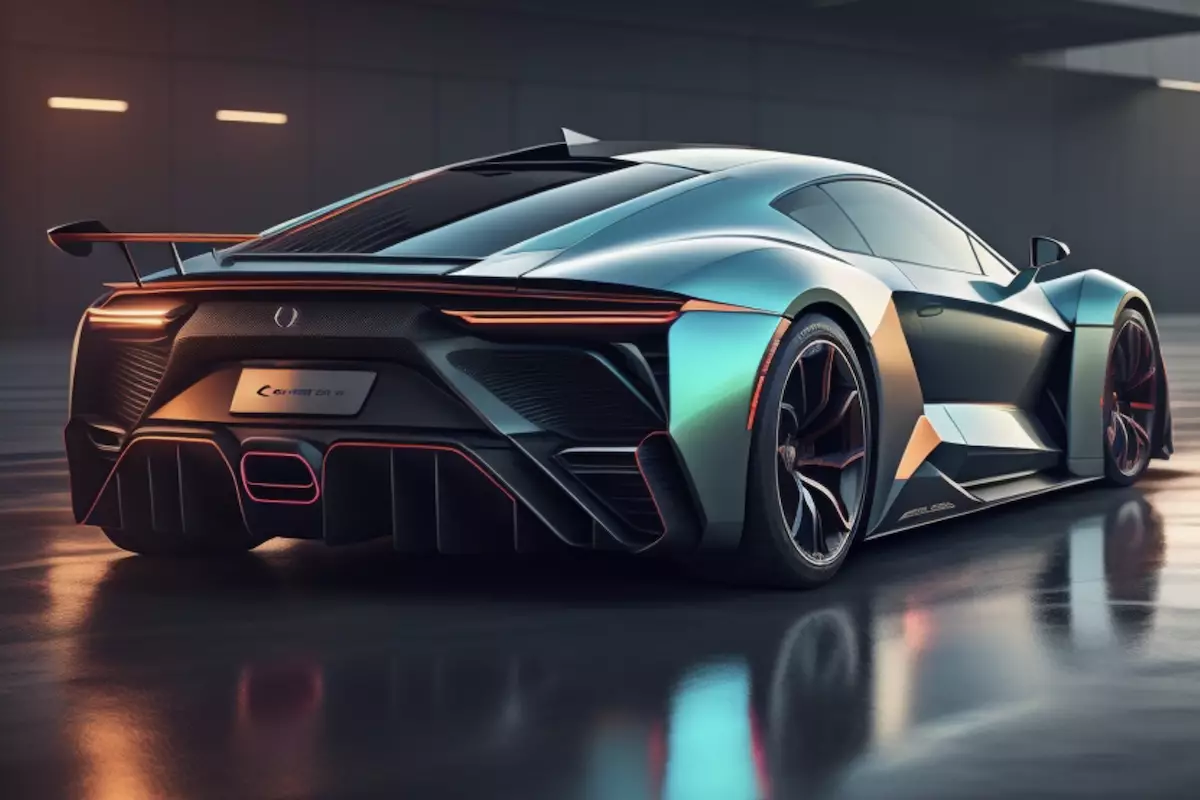In recent years, the automotive industry has witnessed significant transformations driven by technological advancements. Among these innovations, vehicle tokenization stands out as a revolutionary concept that is reshaping the way we perceive and engage with car ownership. By converting vehicles into digital tokens on a blockchain, this development offers a novel approach to owning luxury and collectible cars. This article delves into the intricacies of car tokenization, its benefits, challenges, and the potential it holds for both investors and car enthusiasts.
At its core, car tokenization involves creating digital representations of vehicle ownership shares, stored securely on a blockchain—a decentralized, immutable digital ledger. This means that rather than a single individual holding full ownership of a car, multiple investors can own fractional shares. A wide range of vehicles, from high-performance sports cars to rare vintage models, can be tokenized, allowing a broader audience to participate in luxury car ownership without incurring the substantial costs typically associated with such purchases.
The traditional model of car ownership often restricts access solely to those who can afford the full price of a vehicle. However, tokenization democratizes access, enabling a more extensive pool of investors to engage with high-value automobiles. In an era where investment solutions are evolving, the concept of fractional ownership intertwines with cutting-edge technology, creating a unique blend of finance and lifestyle.
Car tokenization brings several advantages that can redefine the investment landscape:
1. **Fractional Ownership**: This model allows multiple investors to potentially participate in the ownership of high-value vehicles, thereby reducing financial barriers and enabling diverse individuals to engage in luxury investments.
2. **Enhanced Market Liquidity**: By utilizing digital tokens, which are easily tradable, investors can effortlessly buy and sell ownership shares. This liquidity, often lacking in traditional car investments, can lead to a more dynamic market.
3. **Shared Financial Responsibilities**: Owning a car involves various expenses such as maintenance, insurance, and storage. Tokenization distributes these costs among multiple owners, making car investment more affordable and practical.
4. **New Asset Class Creation**: Tokenizing vehicles establishes a distinct asset class that appeals to investors seeking tangible investments. Luxury and collectible cars, often appreciating in value, present an attractive opportunity for diversification.
The journey of tokenizing a car begins with selecting an appropriate vehicle. This could range from modern electric cars to iconic classic models. Once a car is chosen, digital tokens representing shares are created and stored on a blockchain. Transactions, including ownership transfers, are managed through smart contracts—self-executing agreements with the terms directly written into code.
After the initial setup, token holders can trade their shares on digital marketplaces, enabling active participation in this burgeoning market. A noteworthy example of this trend is the collaboration between Renegade, a crypto-banking firm, and Mulsano, a luxury car dealership. They offer tokenized portions of high-end collector cars, with shares made accessible for as little as $100, thereby inviting a wider audience to invest in distinguished vehicles.
Despite its promising prospects, car tokenization is not without challenges. One significant hurdle is the regulatory landscape surrounding digital assets. Many jurisdictions have yet to establish clear regulations regarding tokenized ownership, which creates uncertainty for investors and companies alike. This regulatory ambiguity can stymie progress and deter potential participants from engaging in this innovative market.
Furthermore, education and awareness about car tokenization remain crucial. Many individuals are unfamiliar with how this system works, and understanding digital tokens and blockchain technology can be daunting. Without adequate education, potential investors may hesitate to navigate the complexities associated with car tokenization.
As blockchain technology continues to gain traction and the regulatory environment matures, the potential for car tokenization to reshape vehicle ownership looks bright. This method of investing not only provides access to luxury and rare vehicles but also contributes to the evolution of the automotive investment landscape.
Car tokenization may eventually supplement traditional ownership models, particularly among younger generations keen on flexible investment options. Allowing individuals to own fractions of rare or luxury cars presents an innovative opportunity to engage in the automotive market, and its increasing popularity suggests that it is just the beginning of a transformative journey.
Vehicle tokenization stands at the intersection of technology and luxury investment, presenting new pathways for car ownership. As awareness, understanding, and regulations develop, the future may very well favor those who embrace this innovative approach to investing in vehicles.
















Leave a Reply